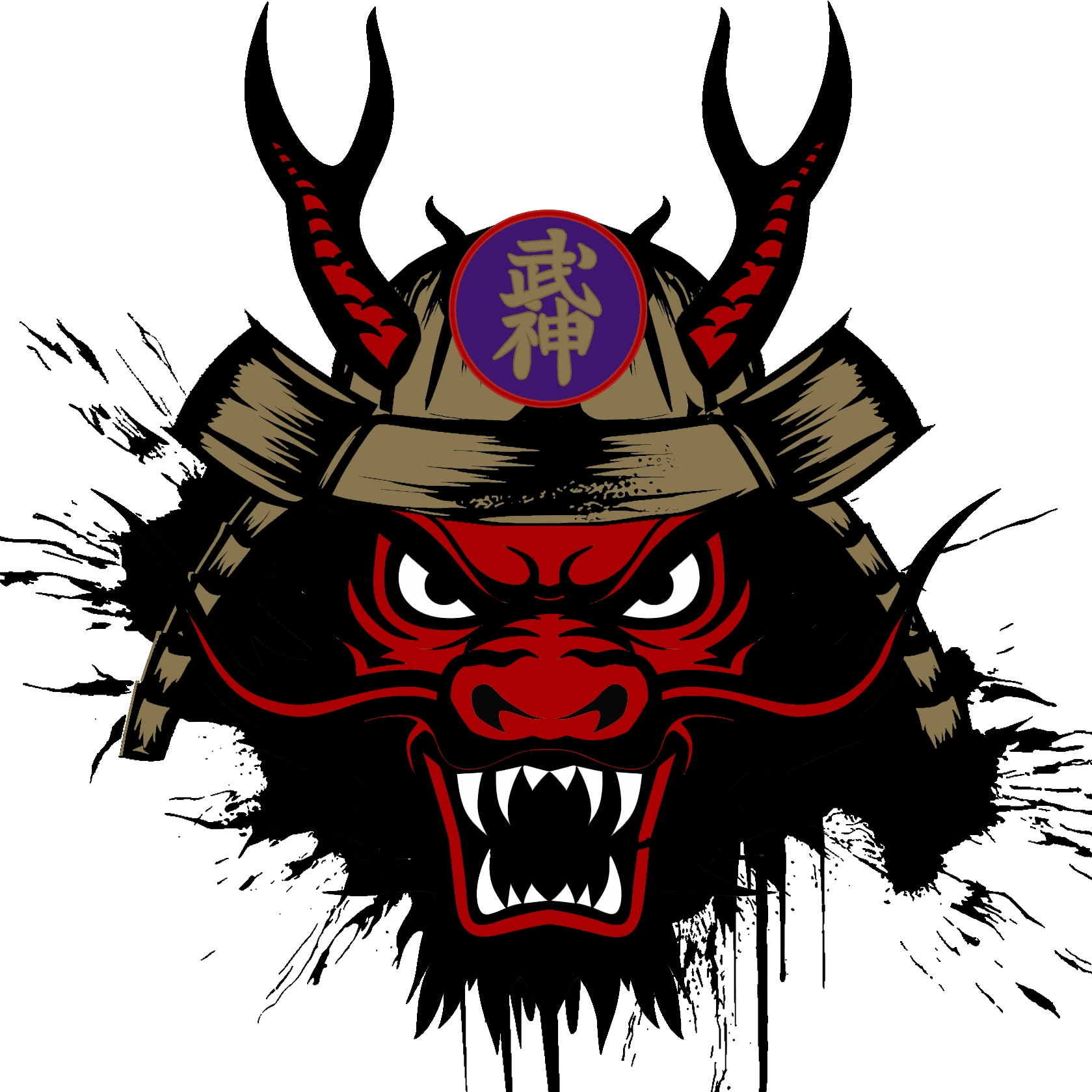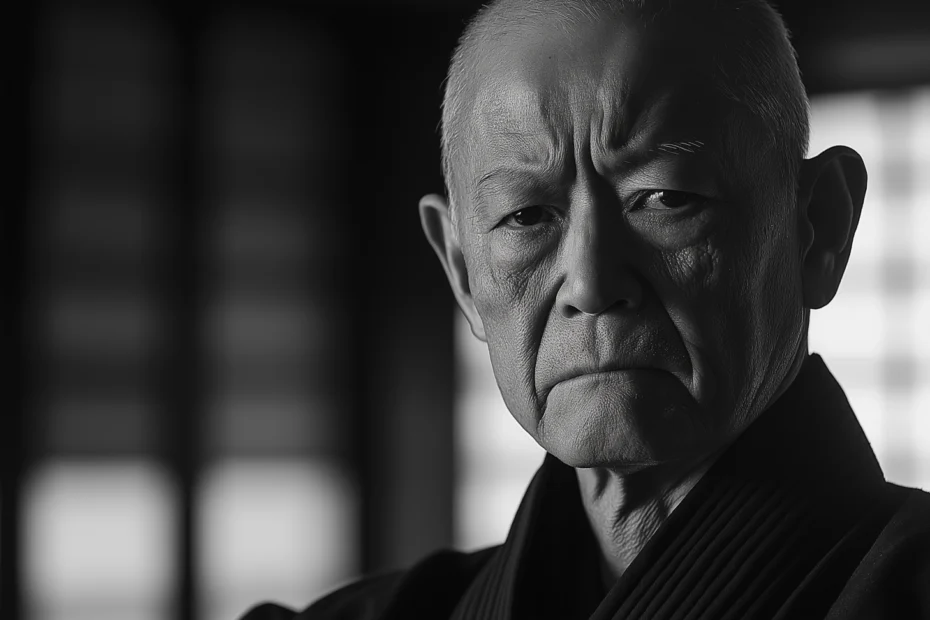My master often spoke of his teacher’s belief in the importance of consistent martial training. He shared stories of his teacher’s journey, how he devoted himself to a level of practice that went beyond physical skill to shape his spirit and mind. Much like traditional Kabuki actors who sustain their roles off-stage, his master insisted that training be an integral, daily practice. As martial artists, my master’s teacher would say, we must embrace Bufu Ikkan, or “consistent warrior living.” This was his core lesson: never give up. Keep going.
Early Years: Devotion Beyond Normal Limits
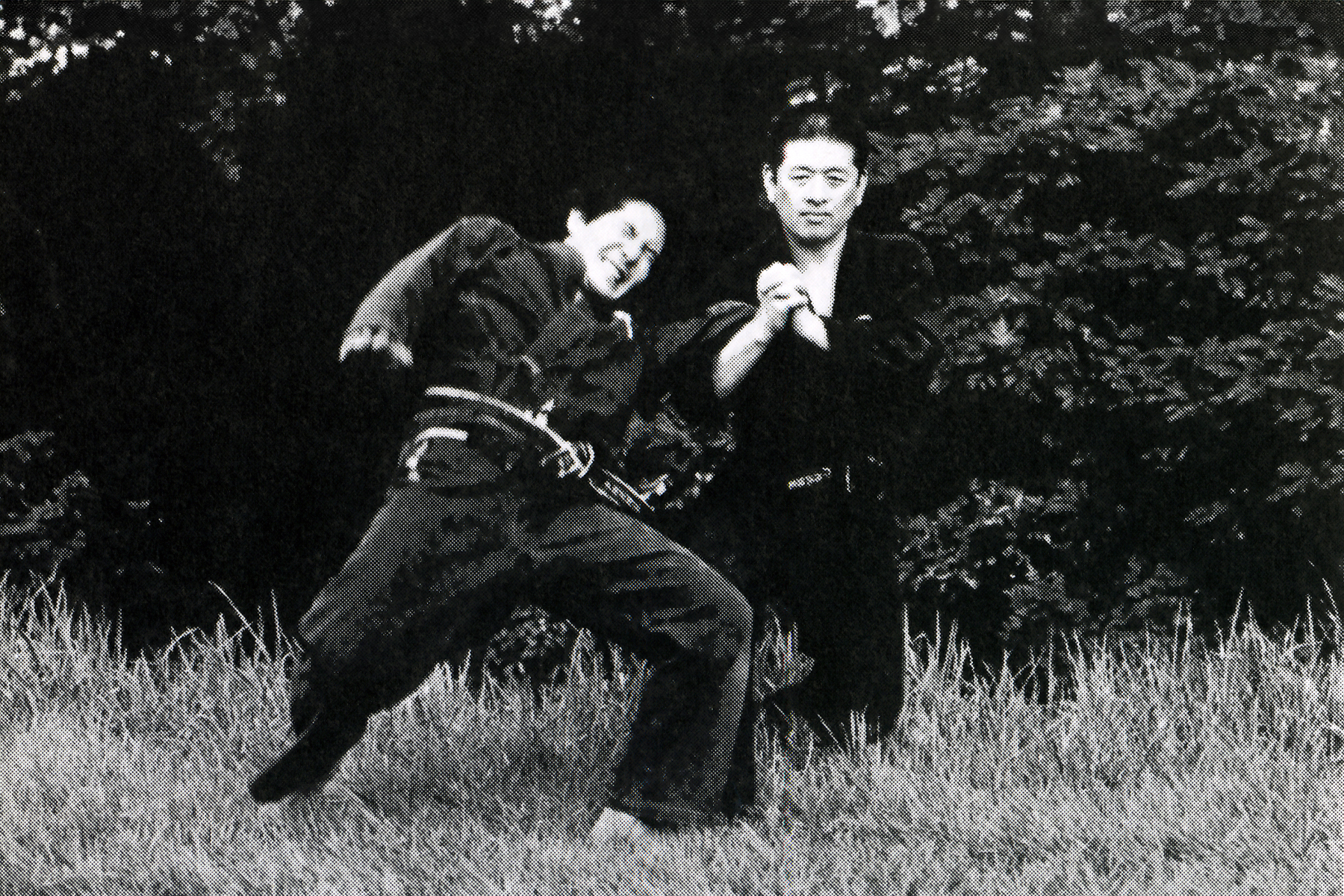
In his early days of training, my teacher was determined to achieve greatness. He threw himself into physical practice three times harder than other students. He put in three times the mental focus and invested three times the resources to gain the wisdom he needed. Through this intense devotion, he became very strong.
But as he grew in strength, he felt a strange weakness arise. This new vulnerability troubled him deeply, and despite his efforts, he couldn’t identify its cause. Yet, he trusted his training and continued, confident that the martial tradition itself would bring clarity.
“The way of the warrior is the resolute acceptance of death.” — Miyamoto Musashi
The Challenge of Illness: A Test of True Strength
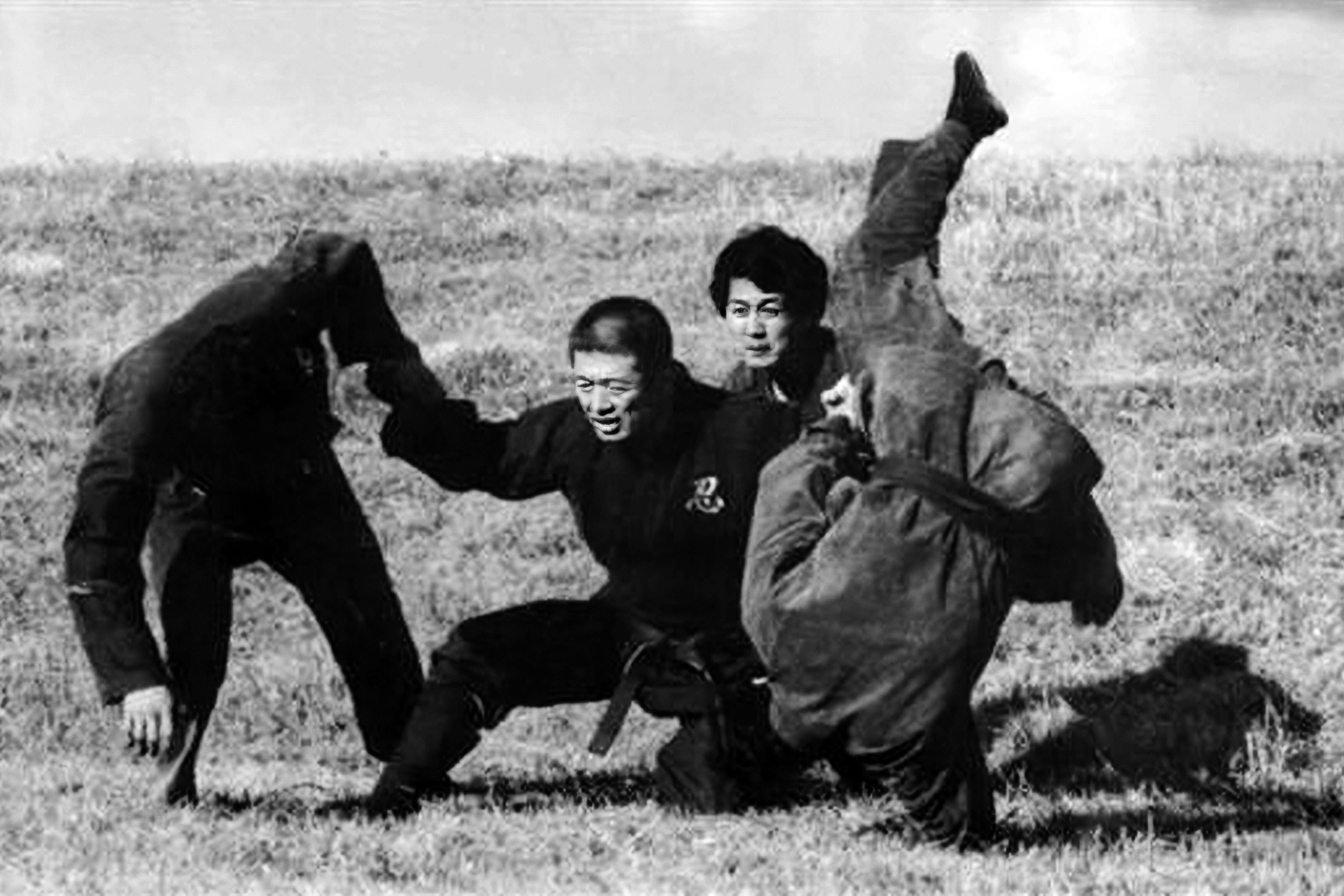
One day, my master faced a powerful enemy—illness. It left him weak, even struggling to stand. At times, he couldn’t see. For five years, he endured this trial, and the demands of his illness made him feel that giving up might be easier than living. It was here that he discovered his past strength had been an illusion. His power depended on his health; as his health declined, so did his strength.
True strength, he learned, must go beyond physical condition. Strength that fades in hardship is merely temporary. So, even in his weakened state, he continued training however he could. Slowly, he began to regain his health.
“One must polish one’s heart daily, like a sword.” — Yagyū Munenori
Adapting Training to Life’s Changes
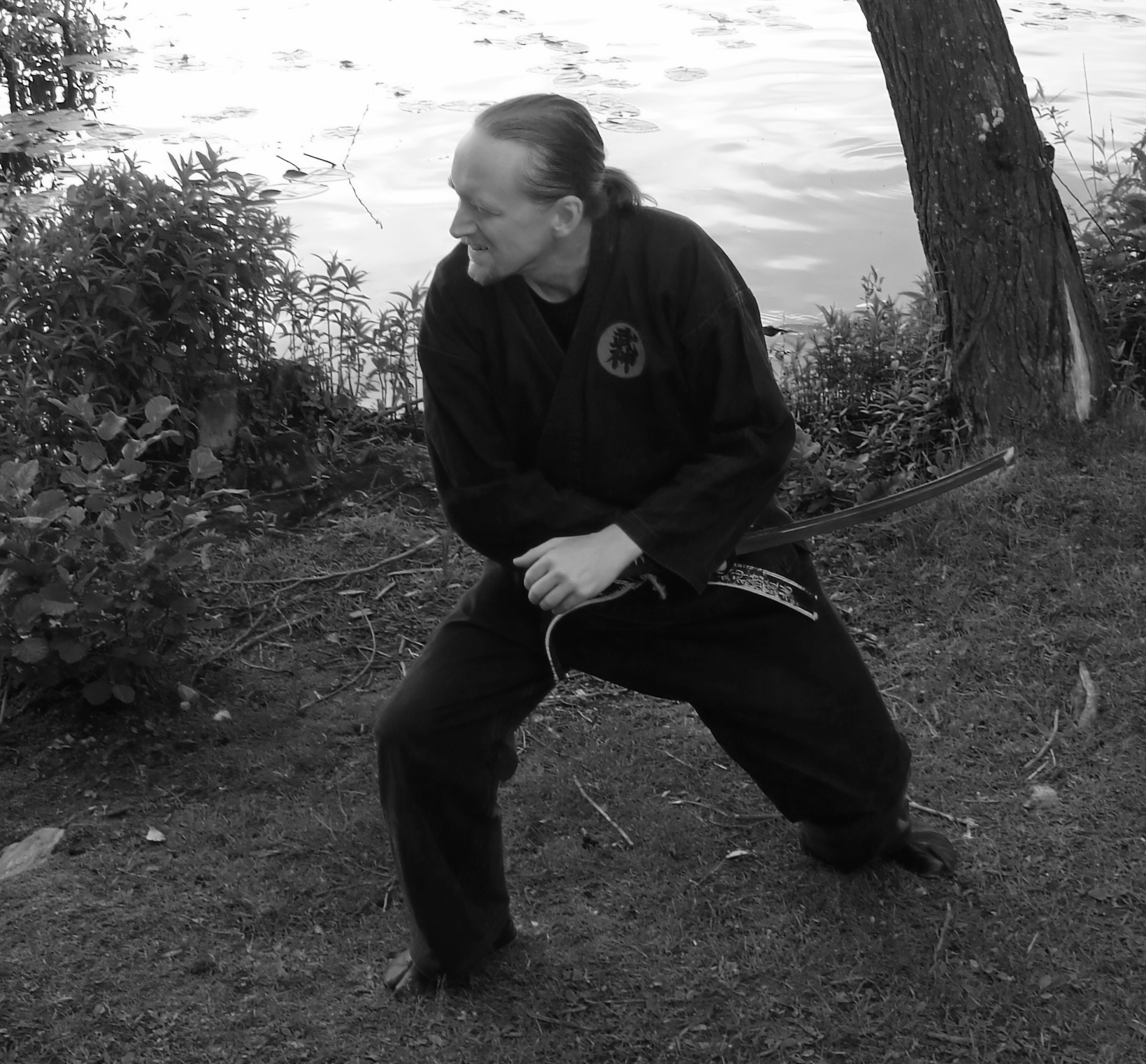
Looking back, he realized that consistent martial training had carried him through his years of illness. He had adapted his training to fit his limited energy and discovered that training must evolve with life’s stages. He learned that young warriors train intensely, while older ones need a more focused approach. Even illness has its own form of training, and facing death is the final training of a warrior.
True strength, my master would say, comes from matching our training to our current reality. Training adapted to life stages becomes a source of lasting, resilient strength.
“The wise warrior avoids the battle; when he must fight, he fights only to win.” — Tsunetomo Yamamoto
Rethinking Strength
After years of illness, my master understood that true power goes beyond the physical. It doesn’t depend on speed or brute force. Instead, he came to value “natural and fitting technique”—a strength that flows with nature and conditions, not against them. In doing so, he found a higher, adaptive strength beyond what traditional martial arts schools might teach.
Pushing Through Difficult Periods
My teacher knew martial artists often face times when techniques seem impossible, and training becomes frustrating. He taught that these periods of struggle are crucial. Like a snake shedding its skin, we too must experience discomfort to grow. This “molting period,” as he called it, can tempt martial artists to look elsewhere for easier techniques. Yet, he advised against these distractions, saying they’re a temporary escape, not a solution.
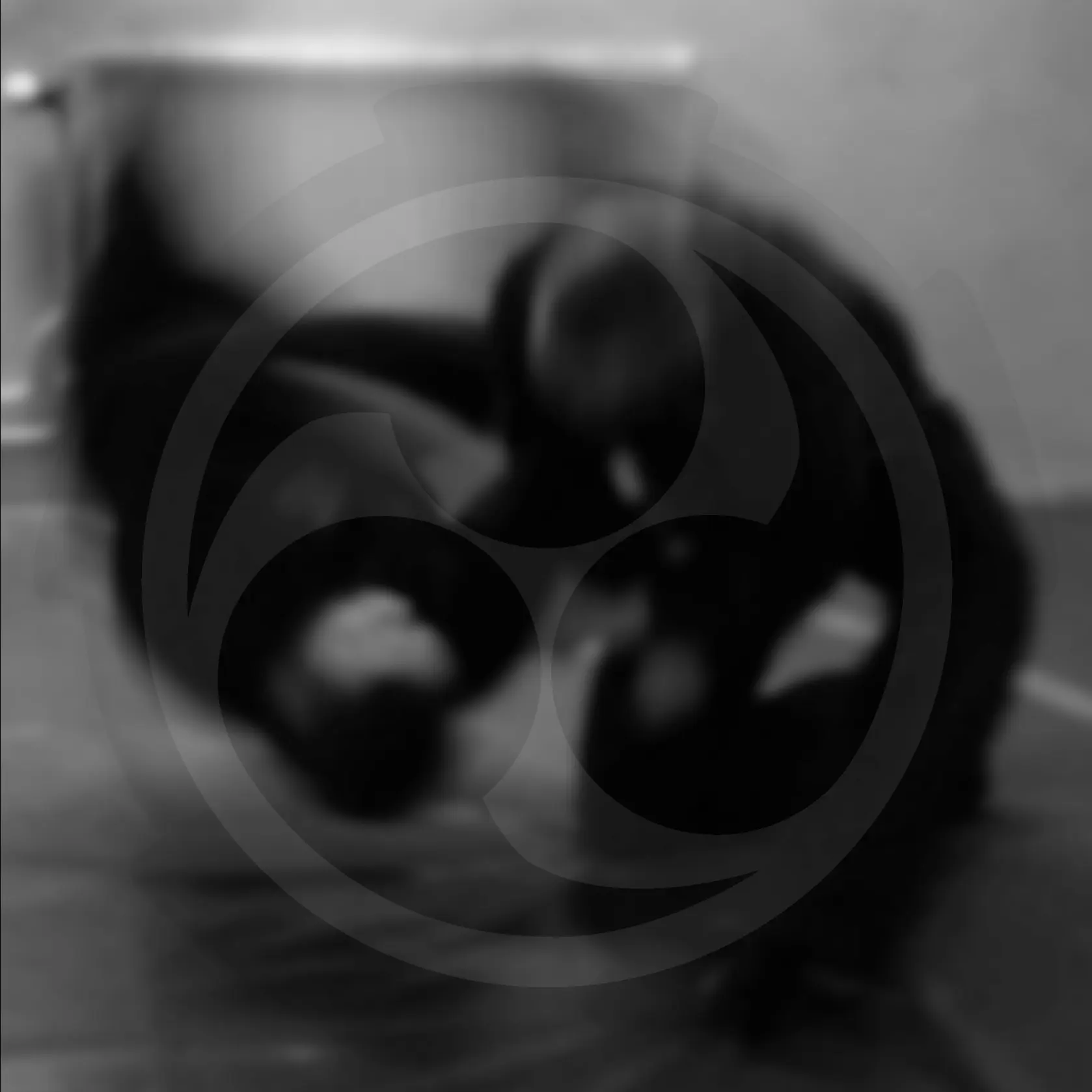
However, he also cautioned that not everyone is suited to master every art. Sometimes, a goal may simply not fit, and one may need to reevaluate their path. But for those who feel a true calling, consistent martial training will provide growth beyond these challenging phases.
The Power of Sincere Commitment
My master always taught that true training requires a pure, sincere heart, not just an accumulation of techniques. Training without self-awareness produces only a scholar, a “walking catalog of techniques” without heart. Only those who commit deeply and consistently will discover the true essence of martial arts and gain the lasting strength that lies beyond technique.
Footnotes:
- Bufu Ikkan (武風一貫) – A phrase meaning “consistent warrior living.” Bufu refers to “martial wind” or warrior spirit, while Ikkan means “one path” or consistency.
- Kabuki (歌舞伎) – A classical Japanese dance-drama where male actors take all roles, embodying their characters on and off the stage.
- Shudan (修鍛) – Represents lifelong training, blending 修 (discipline or cultivation) and 鍛 (forging or tempering).
- Netsu (熱) – Meaning “heat” or “passion,” representing one’s enthusiasm and fervor in training.
- Nekki (熱気) – A combination of “heat” (netsu) and “spirit” (ki), symbolizing energetic presence and intensity in practice.
